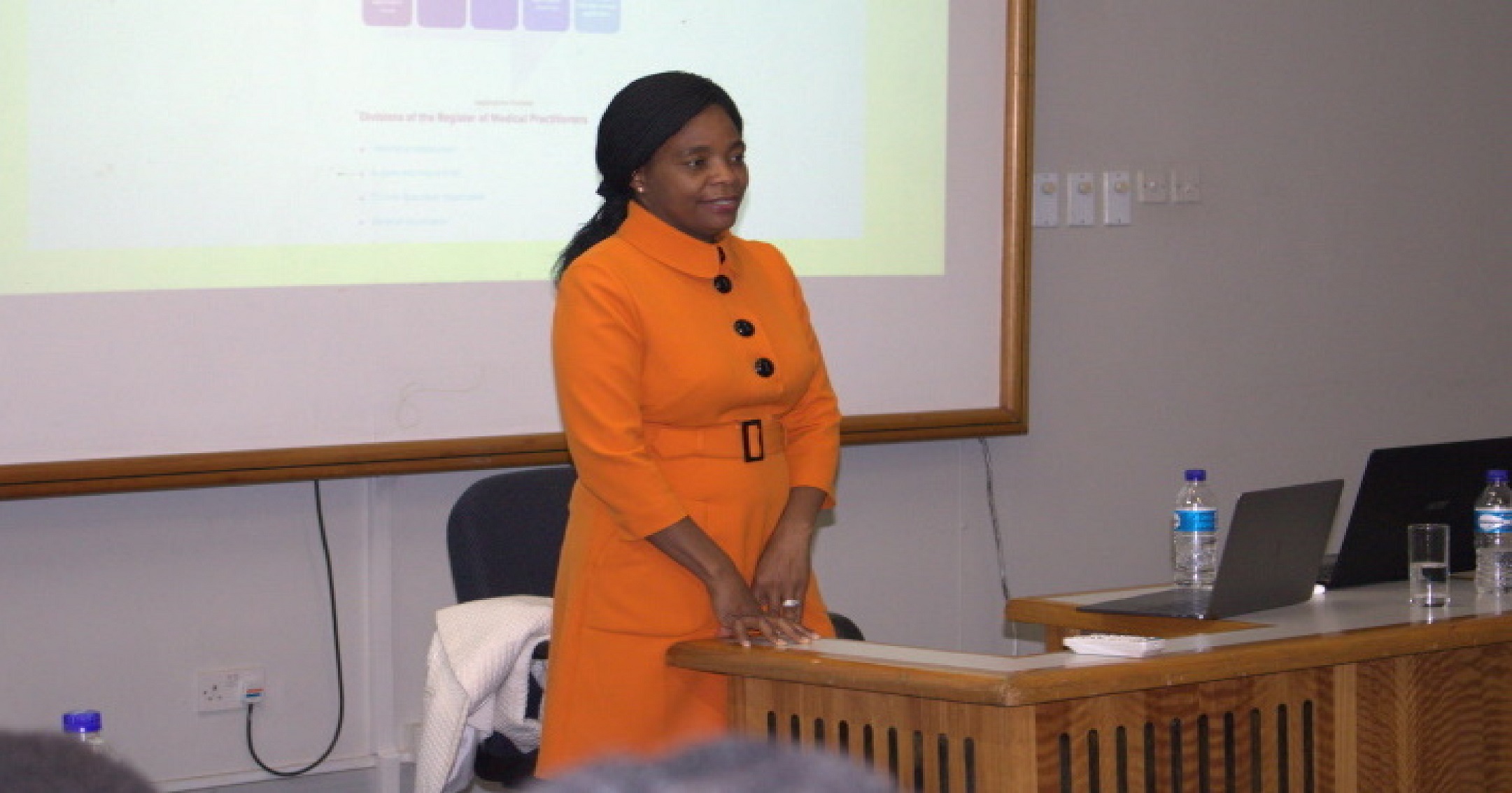To speak well during your OET Speaking Test can be a little daunting. Even those who are good at speaking falter or hesitate when it comes to taking this OET Speaking Test. But, you can easily get A or B provided you focus on basic things and follow our tried and tested OET tips.
1. Role Play - Playing Your Part
It is going to be a role-play. The interlocutor might act as a patient or a client of yours. You will have to play your role. That is who you are - doctor, nurse, physiotherapist, dentist etc. Remember, you will have to speak like professional and take the interviewer as just one of your patients or clients.
2. Breaking The Ice / Beginning The Conversation
It should be said at the onset itself that this test is actually not like other sub-tests. Yes, you really do not have to take it as anEXAM. It is rather a medical situation and you will have to deal with it well. You will be in a professional setting and you will be asked to talk to a patient or a client (here, this role will be played by your interlocutor) and you will be asked to talk and offer advice as needed. But, do not assume that your patient or the client (the interlocutor) will do the talking. No, nine times out of ten, you will have to begin the conversation and make the client or patient more comfortable.
Take the patient or client as just one of your patients or clients. Do not think you are talking to the OET Person or the Interviewer. This will help you talk more effectively and more naturally.
It would be good to start the conversation as required. Do not just sit and wait for the patient to begin the conversation. Take the opportunity to introduce yourself and move on.
For example: Hello, my name is Christine and I am the staff head nurse here / community nurse. Can I take your name please?
3. Continuing Conversation
You will have to keep the conversation moving. Yes, you should not stop. If at any point of time, the conversation stops and silence pervaded, it will be your responsibility to make it go on again.
For instance, you can keep ready some joiners or silence-breakers to use as the situation demands.
Example:
Can you give me more information about it?
Can you tell me more about it?
Is there anything else which is bothering you / keeping you distracted / which you would like to add?
4. Do Not Hesitate To Ask Questions
The more the number of questions you ask the patient or the client (The interviewer / OET person), the better it is going to be better for you.
Even if your patient is reluctant to speak, he or she will have to answer the question. Your primary purpose here would be to keep the patient talking. You can ask some common questions depending upon the topic or medical situation given.
For instance:
Do you still feel pain?
How do you rate your pain on a scale of 1-10?
How long have you been suffering from this?
What are your current medications?
5. Understanding The Patient, the client (the interlocutor)
You will have to understand what your patient is saying. Try to get as much information as you can about the problem he or she is suffering from and the solution he or she might be expecting to get. When you listen to the patient well, you will be in a position to offer the best advice, suggestions or recommendations.
6. Refining Your Language
Be humble, be respectful and be distinctively understandable. You certainly do not have to speak fast. Speaking fast is not at all fluency. On the contrary, this can create problems for you. Your interviewer might not be able to understand you well if you speak. So, lower down your speed and try to speak more calmly but more intelligently and precisely. Focus on what you are saying and how you are saying. what impact your words can create.
7. Be Ready For All Odds
Your interview person might ask you some odd questions which may contradict to standard medical knowledge. So, at such times, it is always wise to answer more politely. Do not assume that your interviewer is not aware of what is happening in the modern world, he or she asked you only to understand how better you would respond to adverse situations.







